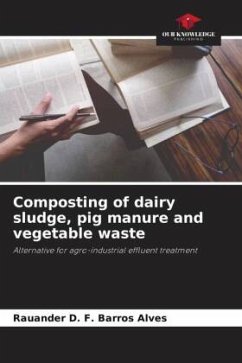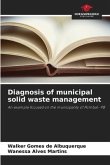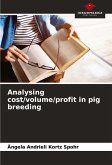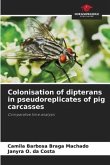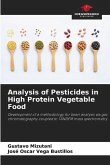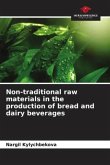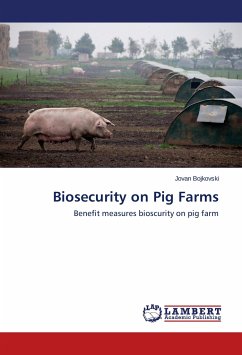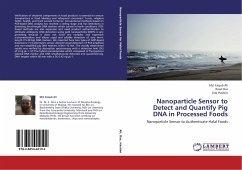A large volume of agro-industrial waste is generated daily, such as dairy sludge and pig manure, which have a high polluting capacity and therefore require an environmentally appropriate final destination. Composting is a technique capable of providing the degradation of the polluting potential of these wastes, and has the advantages of requiring a small area for its installation, having low operating costs and still producing an organic compost with commercial value. In order to test the use of composting as a form of treatment for these wastes, an experiment was developed at the Rio Verde campus of the Federal Institute of Goiás, which consisted of the assembly of 8 compost piles, formed by the base mixture (corn and guandu beans), associated or not, with dairy sludge, or, swine manure and the presence or absence of eucalyptus. The results obtained allow us to conclude that composting with eucalyptus, maize straw and guandu beans is suitable for the final destination of dairy sludge and pig manure. The details of the composting process and the results obtained are presented and discussed throughout the book.
Bitte wählen Sie Ihr Anliegen aus.
Rechnungen
Retourenschein anfordern
Bestellstatus
Storno

